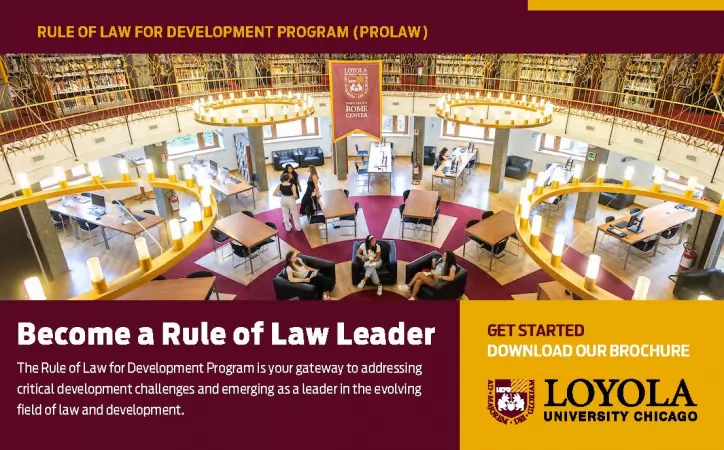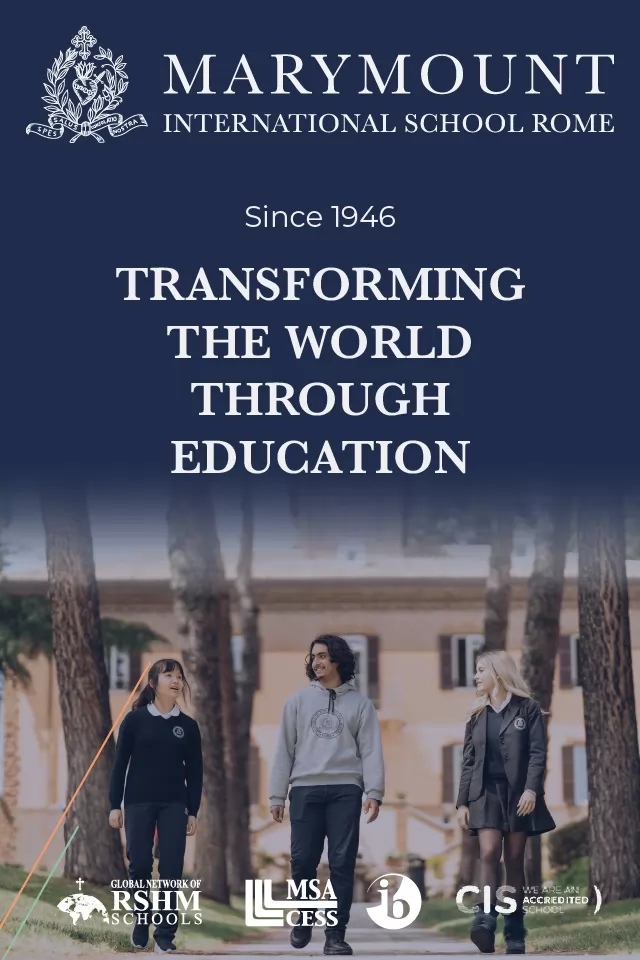Rome's small museums.
While Romes grand museums tend to get all the publicity and the queues, the city has an abundance of smaller-scale exhibition spaces waiting to be explored. Size certainly isnt everything. Some more modest museums, such as the Museo di Roma in Trastevere and the Museo del Palazzo di Venezia, contain a wealth of antique showpieces and contemporary art to rival larger collections. Memorial houses, where the subject lived and worked, arguably offer a more atmospheric and intimate setting for displays, along with precious glimpses into the artists daily routine.
For a change from staring at portraits, themed museums like the Museo Nazionale delle Paste Alimentari (National Museum of Pasta) or the Museo Nazionale degli Strumenti Musicali di Roma (National Museum of Musical Instruments) offer something more familiar to focus on. The childrens museum, Explora, provides an interactive educational experience for kids, while fanatics of cinema, astronomy and pharmaceutical instruments will also find something to suit their tastes. For those of a more morbid bent, a browse through the curious holdings of the Museo Criminologico (Museum of Criminology) or a wander past the graves of the famous in the Protestant Cemetery should provide an interesting diversion.
The entrance fee to many of the smaller museums is considerably less than that of their larger counterparts, but most follow the general rule in Rome and close on Mondays. The following are listed in alphabetical order.
Casa Museo De Chirico
Piazza di Spagna 31, tel. 066796546. The house where Italian artist Giorgio De Chirico lived from 1948 until his death in 1978, and which contains his paintings, terracottas, plastercasts and tools. Booking is required. 10.00-13.00. Sun and Mon closed (except first Sun of the month). e5.
Cimitero Acattolico
Via Caio Cestio 6, tel. 065741900, www.protestantcemetery.it. The Cemetery for Non-Catholics, or the Protestant Cemetery as it is better known, is renowned chiefly for containing the graves of English romantic poets John Keats and Percy Bysshe Shelley. It is also the final resting place of hundreds of other non-Catholics, including Shelleys friend Edward Trelawney, Johann Wolfgang von Goethes son Julius, Scottish novelist R.M. Ballantyne and Italian Communist Party founder Antonio Gramsci. 09.00-16.30. Sun closed. Admission free. (See Museums page for details of the Keats Shelley Memorial House at Piazza di Spagna.)
Explora: Museo dei Bambini
Via Flaminia 80, tel. 063613776, www.mdbr.it. Divided into four sections the human body, the environment, public life and communications activities range from following a letter through the postal system to producing a TV programme. First tour 09.30 (10.00 Sat, Sun and school holidays), final tour 17.00. Mon closed. e7 children, e6 adults (under 3s free).
La Farmacia Antica
Piazza S. Maria della Scala 23, tel. 068414209. Housed within the 17th-century church of S. Maria della Scala and containing equipment from the same period. Appointments are required (minimum six people). Admission free but donations welcome.
Museo Astronomico e Copernicano
Viale del Parco Mellini 84, tel. 0635347056 or 0635452147. Impressive collection of instruments from down the ages used to study the stars, including telescopes, lenses and protractors, as well as artefacts belonging to Nicolaus Copernicus first exhibited in 1873 to mark the fourth centennial of the scientists birth. 09.00-13.00 Wed and Sat. Admission free.
Museo Criminologico
Via del Gonfalone 29, tel. 0668300234, www.museocriminologico.it. Explores the history of crime and punishment in Italy. One section contains instruments of torture and execution from the 15th to the 19th century; another is dedicated to notorious criminals of the 20th century, featuring murder weapons and other artefacts. 09.00-12.30, 14.30-18.00. Sun and Mon closed. e2 (under 18s and over 65s free).
Museo dArte Ebraica
Lungotevere dei Cenci, tel. 066840066. Objects on display include crowns, silverware, Torahs and tallits (the cloak worn by Jews during prayer). Stark portrayal of persecution throughout history, including copies of the papal edict to oppress Jews during the 16th century and accounts of Nazi horrors. Ticket includes admission to nearby synagogue, built in 1870. 09.05-16.45 (Fri 10.00-13.30). Sat closed. e7.50, under 10s and students e3.
Museo del Palazzo di Venezia
Via del Plebiscito 118, tel. 06699941. Built for Venetian cardinal Pietro Barbo, who became Pope Paul II in 1464, the palace was later used by fascist dictator Benito Mussolini. Packed with Byzantine and early-Renaissance art, including paintings, jewellery and ceramics, the museum also hosts temporary exhibitions. 08.30-18.30. Mon closed. e4.
Museo delle Mura
Via di Porta S. Sebastiano, tel. 0670475284. Located within the ancient gate of S. Sebastiano in the Aurelian city walls, with displays and artefacts pertaining to the construction of the walls and of the city in general. The walk the wall feature giving a Roman soldiers view of Via Appia Antica is currently closed for restoration. 09.00-14.00. e2.60.
Museo di Roma in Trastevere
Piazza S. Egidio 1/b, tel. 065816563. Permanent collection includes watercolours by Ettore Roesler Franz (1845-1907) depicting everyday life in Rome and materials used by Roman poet Trilussa (1871-1950). There are also regular temporary exhibitions. 10.00-20.00. Mon closed. e2.60 (discounts e1.60; under 18s and over 65s free).
Museo Hendrik Christian Andersen
Villa Helene, Via P.S. Mancini 20 (Piazzale Flaminio), tel. 063219089. 200 paintings, over 200 sculptures including large plaster and bronze works and 350 graphic pieces by the Norwegian-born sculptor and painter who lived in Rome from 1896 until his death in 1940. The artists former house and studio, which he designed in the early 1920s, also contains photographs, documents and a library. There are also temporary exhibitions celebrating the cultural relationship between foreign artists and Italy in the 19th century. 09.00-19.00. Mon closed. Admission free.
Museo Internazionale del Cinema e dello Spettacolo
Via Bettoni 1, tel. 063700266. Contains over 5,000 films and more than two million photographs from 1850 to the present day, as well as costumes, equipment and numerous publications on the history, criticism and technical aspects of film-making. Events include projections, conferences and research. Booking is required. 17.00 Tues, Wed, Sat. e12.
Museo Mario Praz
Palazzo Primoli, Via Zanardelli 1, tel. 066861089. This memorial house contains over 1,200 objects dating from the late 18th and mid-19th centuries, which belonged to collector Mario Praz, as described in his book La Casa della Vita (The House of Life). 09.00-13.00, 14.30-18.30. Mon morning closed. Admission free.
Museo Nazionale degli Strumenti Musicali
Piazza S. Croce in Gerusalemme 9/a, tel. 067014796. Holds around 3,000 pieces most donated by opera singer Evan Gorga (1865-1957) with more than 800 on display. Features sections on western music and non-European countries as well as ancient cultures (Roman, Greek and Egyptian). 08.30-19.30. Mon closed. e2.
Museo Nazionale delle Paste Alimentari
Piazza Scanderbeg 114/120, tel. 066991119, www.museodellapasta.it. Displays explaining the history of pasta and exhibits ranging from production equipment to documents tracing the food back to 1154. Paintings by artists including Crista, Latella, Scaglione, Penl, Di Rocco also show the relationship between pasta, theatre and the arts. 09.30-17.30. e10 adults, e7 children (includes CD guide).
Museo Storico Nazionale dellArte Sanitaria
Lungotevere in Sassia 3, tel. 0668351. Founded by Pope Innocent III in 1198, the former hospital and medical school is now a small museum and library. Includes antique and modern surgical instruments and apothecary objects from the 16th and 17th centuries. 10.00-12.00 Mon, Weds, Fri. e3.


















